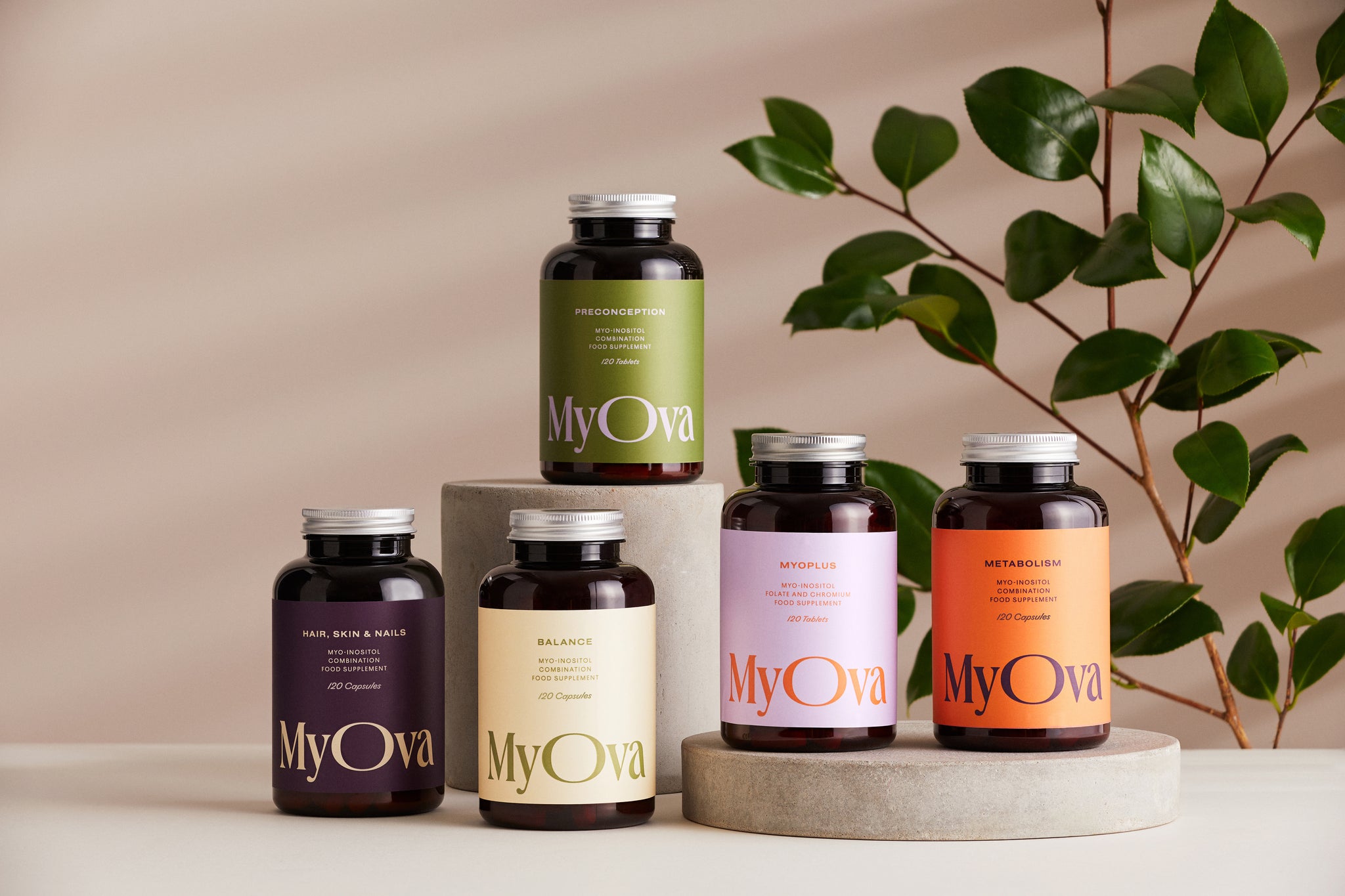
How To Support A Partner With PCOS
PCOS is a relatively common condition, thought to affect one in five women in the UK, but a diagnosis can be worrying and can leave women feeling anxious and isolated.
If your partner or wife is someone who suffers with polycystic ovaries, it’s incredibly important to offer the right kind of support. It can be hard to know what to say during the more difficult times; simply being kind and gentle is a great place to start, but there are a few other ways you can help:
Learn About PCOS
The first thing you can do is to educate yourself about PCOS and what it means for your partner. Take the time to research the condition online, read books and find out about the different symptoms that can affect her physical and mental health.
There are a number of ways to tackle symptoms; diet, exercise, supplements and medication can all play a positive role in managing polycystic ovaries. Take the time to learn about each of them, and think about how you could help your partner add them into her daily life.
Click here to discover how MyOva's award winning range of PCOS supplements can help you.
Attend Medical Appointments Together
Women suffering from polycystic ovary syndrome often see a variety of medical practitioners, from their usual GP to a specialist or gynaecologist. Heading off to see the doctor or going to the hospital is never something to look forward to, so take the time to attend any appointments with your partner to provide support.
During the appointment, make sure you listen and take note of what is being said - and always push for the best possible care for your partner.
Make Lifestyle Changes Together
One of the most natural ways to manage PCOS is to make different lifestyle changes, such as starting an exercise routine or making adjustments to diet.
A great way to provide support to your partner is to make these changes with her. Start a fitness routine together; either head off to the gym or to the swimming pool, play tennis or other sports or simply go for a run. Look at the best foods to add into your diet which will help manage symptoms of PCOS, and then spend time cooking meals together.
Provide Emotional Support
Polycystic ovary syndrome causes sufferers to experience a variety of physical symptoms, but it can also affect mental health and wellbeing.
It’s common for women with PCOS to suffer from stress, anxiety and depression, so it’s important that you’re understanding of any mood changes. Be patient, kind, and make sure she knows you’re ready to listen if she needs to talk.
Discuss Fertility Issues
PCOS commonly affects fertility levels, which can be extra stressful and worrying. Make sure you’re open to talking about the problem, and that she knows it’s not something she’s facing alone.
If you’re dealing with infertility and are actively trying to get pregnant, there are going to be a lot of medical appointments to attend - make sure you go along to all of them together, not only the ones that affect you.
You could also consider booking some sessions with a counselor or therapist and attending them together - having a safe space where you can talk openly will be hugely beneficial to both of you.
Discover your perfect product in under a minute!
References

